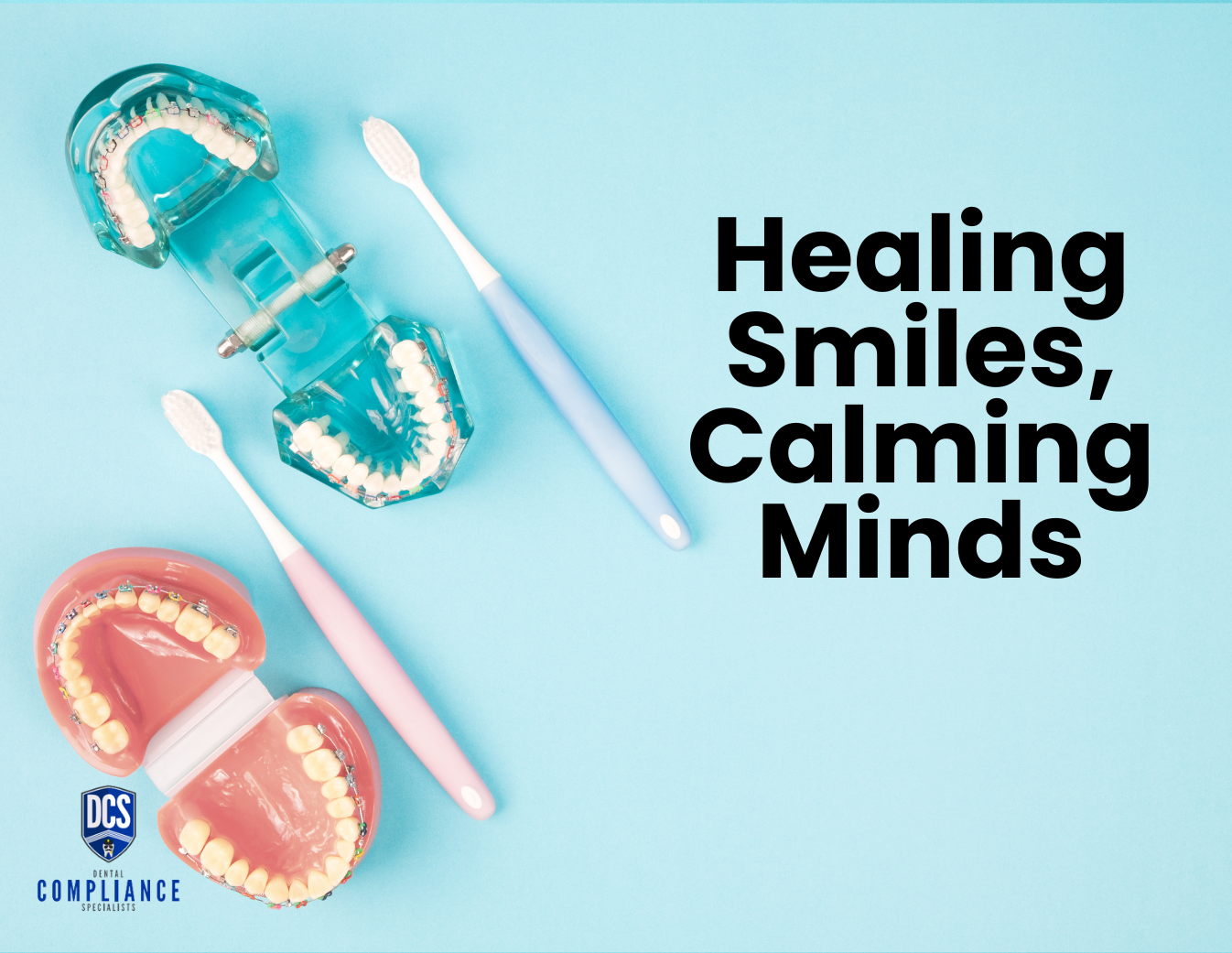When most of us think about medical emergencies, we focus on the immediate and urgent needs—the critical interventions that can be the difference between life and death. Yet, the psychological well-being of patients is often overlooked, especially in dental settings where the focus is generally on oral health. Psychological First Aid (PFA) is a crucial yet often underestimated part of post-emergency care. This blog aims to shed light on its importance and guide dental teams on how to effectively deliver Psychological First Aid.
Psychological First Aid is the humane, supportive, and practical assistance for people who are suffering and who may need support. It's an approach to help people recover by ensuring that they feel safe, connected to others, and empowered—three basic human needs that can often be compromised in emergencies.
Dental procedures, especially emergency treatments, can be quite stressful for patients. Most dental professionals are trained to tackle the medical aspects of these scenarios, but the psychological aftermath is generally not covered. A patient who has just undergone an emergency procedure will likely experience a whirlpool of emotions and anxieties. This is where PFA can be a game-changer.
PFA can be broken down into a few critical steps:
Ensuring that a person feels safe is crucial. This could mean removing them from a distressing situation or making sure that they're in a comfortable space post-treatment.
Patients in distress may be experiencing heightened emotions. It's vital to help them calm down through soothing words, a gentle tone, and comforting gestures.
Let the patient know that they're not alone. Sometimes a simple act, like holding a hand or making eye contact, can go a long way.
Encourage patients to express their feelings and needs. Reassure them that their feelings are normal and valid.
So how can dental teams adapt PFA into their routine?
Consider PFA training for your dental team. This doesn't have to be extensive but should cover the basics and principles of psychological care.
Develop a quick but effective psychological assessment sheet to gauge the emotional state of a patient after an emergency procedure.
If possible, designate a calm and quiet area where the patient can relax post-treatment.
Check in on the patient a day or two after the treatment to assess their emotional well-being.
Let's consider a situation where a patient has undergone emergency tooth extraction due to a severe infection. Post-operation, the patient appears visibly shaken and mentions feeling overwhelmed.
Ensure the patient is seated comfortably, with a warm blanket if available.
Offer a soothing cup of tea or water and speak in a gentle, reassuring tone.
Hold the patient's hand or offer a comforting touch, asking them how they feel.
Encourage the patient to share their feelings. Let them know that it's okay to feel the way they do and that they've just been through a significant event.
Dental care goes beyond just treating teeth; it's about treating the whole person. Psychological First Aid serves as an essential tool in humanizing medical care and ensuring patients feel seen, heard, and supported.
By implementing Psychological First Aid, dental offices can take an extra but significant step in providing holistic care to their patients. It not only improves patient satisfaction but could potentially have long-lasting effects on their overall mental well-being.
Let's elevate the standard of care by incorporating Psychological First Aid into our dental emergency protocols.
So there you have it—a comprehensive guide on the importance of Psychological First Aid in dental settings. We hope this blog has equipped you with the knowledge to make your dental practice more humane and patient-centered.
Feel free to share your experiences or thoughts in the comments below. We're all in this together, always learning, always improving.


